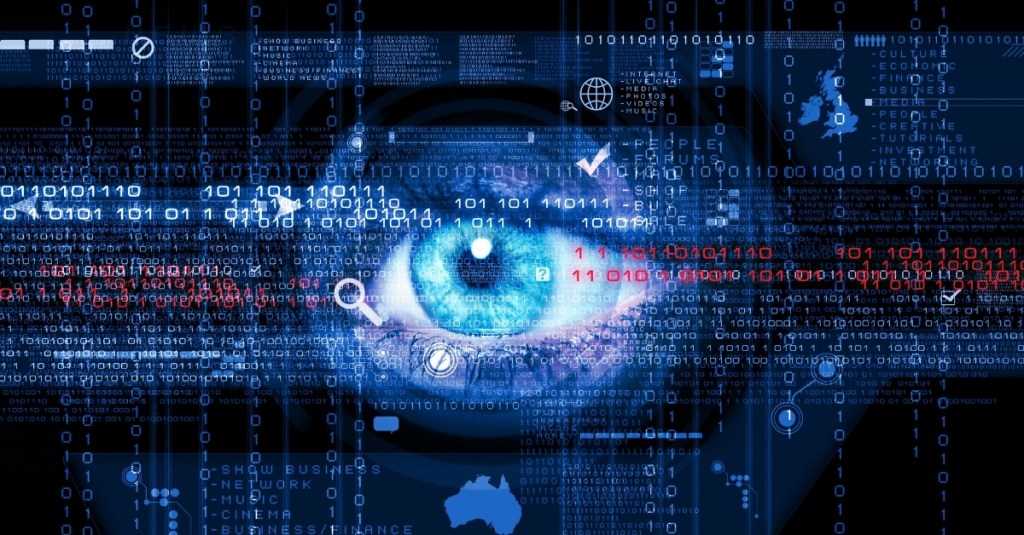URGENT UPDATE: New reports confirm that AI bots now generate a staggering 30% of all internet traffic, with experts warning that the situation is escalating rapidly. According to Cloudflare, these advanced bots, developed by companies like OpenAI, are increasingly mimicking human behavior, engaging with users, and consuming vast amounts of data.
This alarming trend raises serious questions about the authenticity of online interactions. As Sam Altman, CEO of OpenAI, acknowledges the growing presence of deceptive online personas, the reality is that entire segments of the internet are now dominated by automated systems communicating with each other, often devoid of any human input.
The implications of this shift are profound. Once a vibrant space for creativity and connection, the internet is rapidly becoming a hollow shell, echoing with the voices of bots rather than genuine human expression. The phenomenon, referred to as the Dead Internet Theory, suggests that the online landscape is increasingly characterized by artificial interactions, leading to a less engaging and more mechanical experience for users.
Recent findings from cybersecurity firm Imperva exacerbate the concern, estimating that nearly 50% of all internet traffic is now automated. This surge in bot activity poses significant challenges for users who crave authentic content and interactions. As the lines blur between human and machine, many young internet users lament the loss of a more personal, human-centric online experience.
The corporate drive to replace humans with machines is evident. Executives in the tech industry are prioritizing profit over authentic communication, stripping the internet of its once vibrant human element. Instead of fostering a diverse digital bazaar of ideas, the web is now dominated by repetitive, machine-generated content that lacks the creativity and individuality of real human voices.
As this trend continues, the question remains: what does the future hold for the internet? With bots increasingly dictating online interactions, users are left to navigate a landscape that feels more like a video game than a community. The once lively exchange of thoughts and ideas is being drowned out by automated responses, leading to a loss of genuine connection.
As concerns about the internet’s evolving nature grow, users are urged to remain vigilant. The implications of this shift extend beyond mere numbers; they touch on the very essence of communication and self-expression in the digital age. With corporations prioritizing automation, the rich tapestry of human thought is at risk of being reduced to a series of disjointed dialogues between bots.
Stay tuned for further updates as this situation develops. The future of the internet is at a critical crossroads, and its impact on human interaction is profound and far-reaching.
